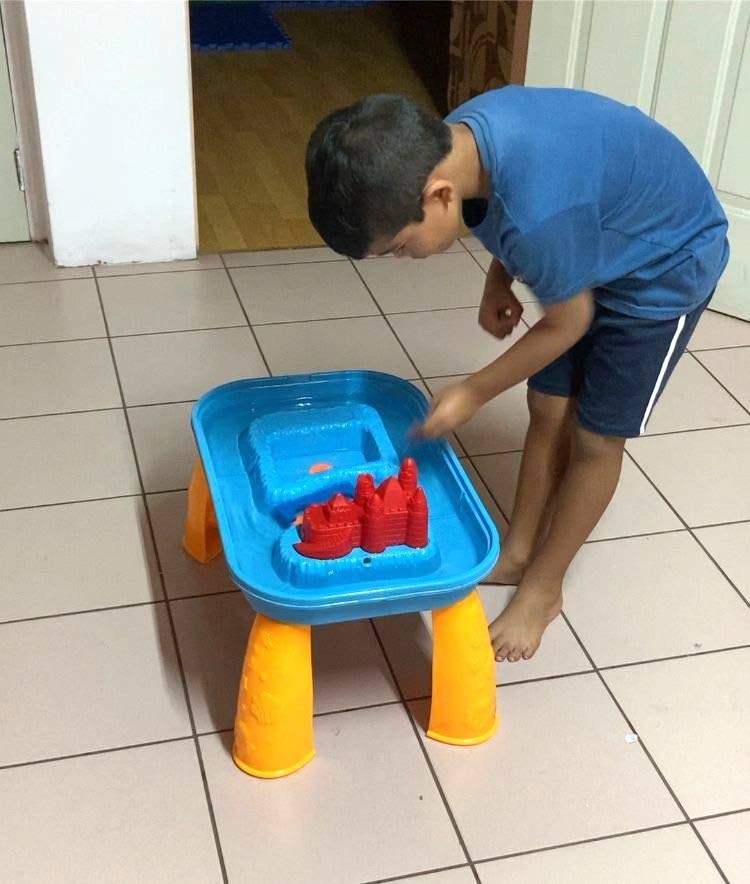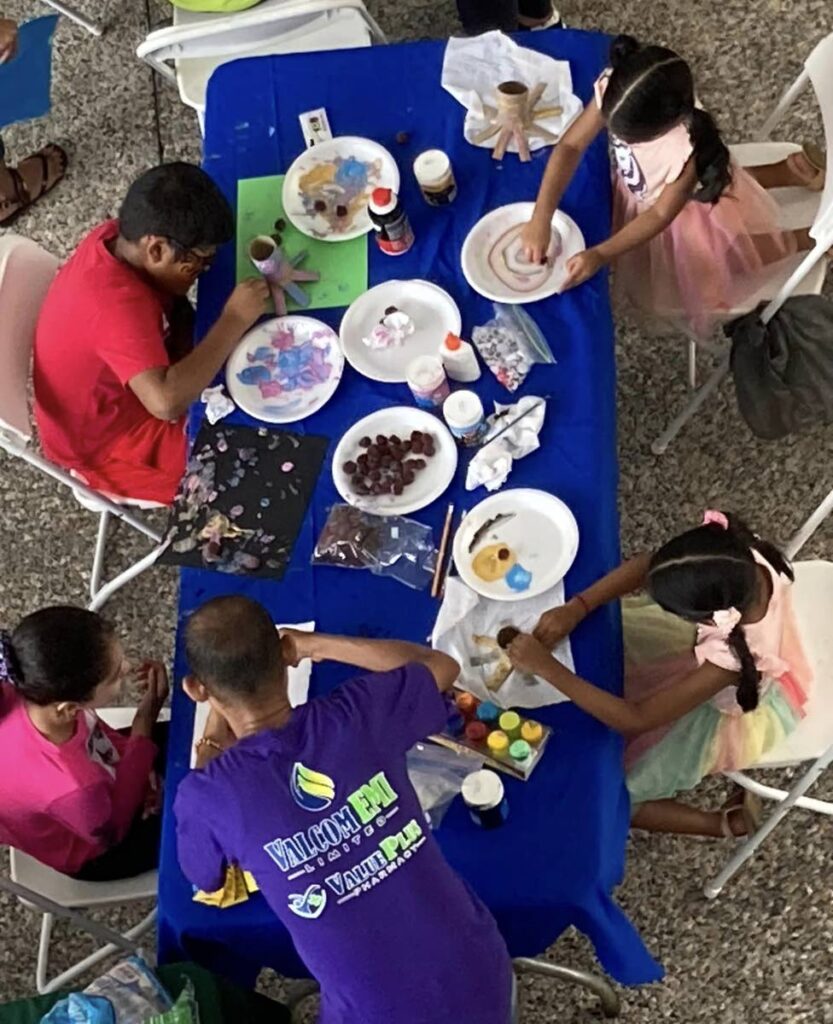'My autistic child has no friends'

DR RADICA MAHASE
“School is reopening soon and I am already feeling anxious about my son. He is ten years old, was diagnosed at age five and is on the higher functioning end of the spectrum.
"That doesn’t really mean much, though, because he has so many challenges. Sometimes I think that maybe if he wasn’t really aware of people around him, then he would not be bothered when he goes to school and no one wants to be friends with him
“From the time he started school at age five, he has always had a problem making friends. He’s in a private school and the school’s policy is that the other students don’t know if a child has a special need, so everyone will be treated the same. So, when he 'stims' or lays out his food before he starts to eat, or even when he gets up to walk around in between tasks, the other children would make jokes about him and laugh at him.
"My son has been called ‘weird’ and ‘strange,’ and to a ten-year-old, this is devastating. Many times he came home from school crying because one of his classmates told him something or the whole class laughed at him.
“I really want him to have friends, at least one friend would be okay. Just for him to have someone who will play with him, someone to do things with. I feel so sad when he says, ‘Mommy, no one likes me,’ or when he comes home and I ask him how was school and he says, 'I sat with Miss during lunchtime when everyone went outside to play.'
"As an adult, I joke and say that friends are overrated, but for my ten-year-old, having friends would mean the world to him. I just don’t know how to help him, how to make it better for him.”
Paula, the parent above, is only one of many parents who see how difficult it is for their children to make friends.
Many people with autism have challenges with communication and social behaviour. Some struggle with verbal communication, are unable to read body language, lack eye contact, may interpret things literally – all of which make socialising challenging.
For those parents whose children are enrolled in schools, whose children are already in an environment with other children, it might mean putting in some extra work to help your child in the school setting.
Start by including socialisation in your IEP goals – this means socialisation is not just a one-time thing. When it is included in the child’s IEP goals, there will be a constant focus on helping the child to interact with others, interpret social cues, feel comfortable in social situations and so on.

Participate in school activities with your child. As a parent you can also socialise with other parents so that they understand you and your child better. Rather than judging, parents who understand might be more inclined towards encouraging their children to socialise with your child. Organising play dates and various activities both within and outside the school will help your child to socialise in smaller groups.
It is also important to understand the school’s policy and what would work best for your child. In some cases, the school’s policy of non-disclosure of a child’s special needs can actually make it more difficult for your child because the other students don’t know and understand autism. In schools where you can disclose your child’s special needs, parents can organise educational sessions/events to explain autism to the students and teachers, encourage them to ask questions and express their concerns and so on.
In cases where the child is not attending school, opportunities for socialisation might be more challenging. There are many children who are at home, interacting only with members of their family.
In these cases, if you want your child to socialise outside the home/family environment, you can consider enrolling your child in group therapy sessions or in playgroups. Some organisations have activities designed specifically to help children on the spectrum interact and communicate such as the VIP-Kids Club at Rahul’s Clubhouse.
Parents can explore art, dance and sports programmes where their children can interact with their peers. When they are doing things that they are interested in or passionate about, they might be less anxious. When there are budget constraints – something that many special-needs parents will know about – look for free events and activities (especially during the July/August and Christmas vacations).
It is also important to know that you have to prepare your child for social situations – don’t just put them into a group with children/people they do not know. Use videos, picture cards and other visual aids to help them understand social language and to navigate social cues.
Some people, both children and adults on the spectrum, might need a little more preparation before interacting with others, engaging in group activities and so on. Things neurotypicals take for granted might be a little more challenging for people on the spectrum.
And of course, reward your children, not just when they get it right, but just for trying something that is challenging to them!
Dr Radica Mahase is the founder/director of Support Autism T&T
\


Comments
"‘My autistic child has no friends’"